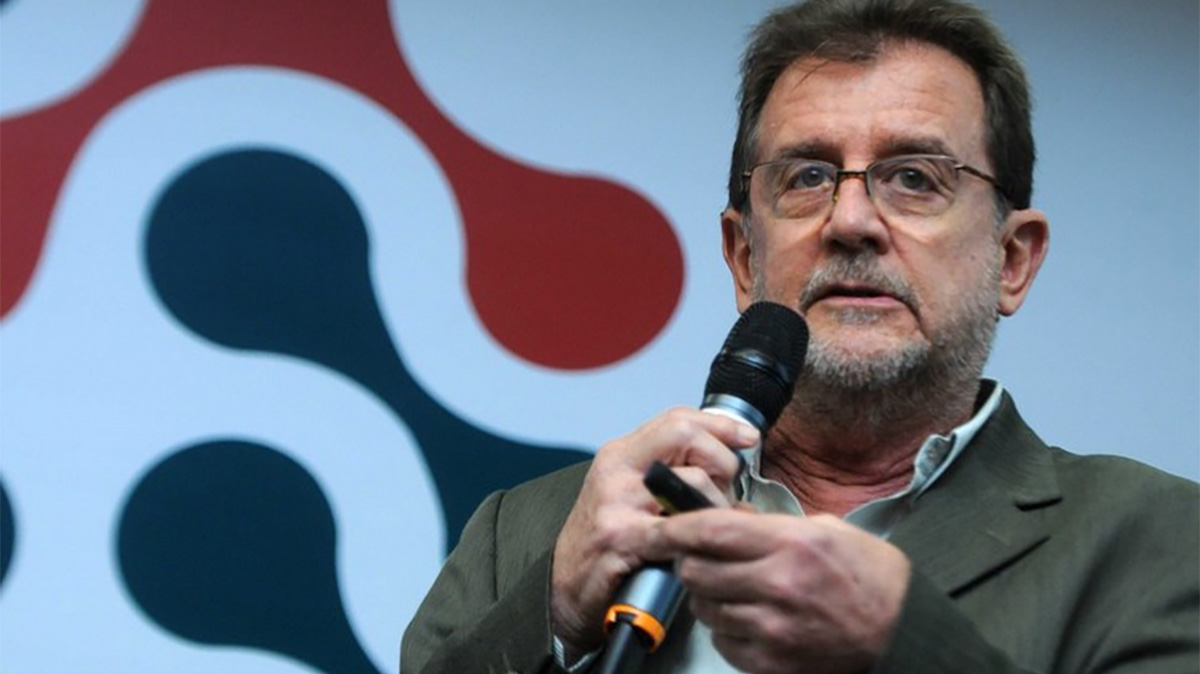By José E Cassiolato, Professor of Economis of Innovation, Federal University of Rio de Janeiro, Brazil
José E Cassiolato
Health is a fundamental human right and a crucial tool for development, as it is both a structuring factor of wellness, and a major driver of economic growth. However, dominant models of development have encouraged economic growth in isolation, concentrating mostly on “competitiveness” and driving health policies agendas to “consumable products.”
Science, technology and innovation (STI) are important tools to address inequality in health in different ways. Unfortunately, public policies frequently disembarks on innovations that decouple the economic and social dimensions, restricting the possibilities of adequately addressing the issues of health, equity and development in an integrated perspective. In fact, the focus of innovation policies for health have been mostly founded on the notion of “disease”, in contradiction to the idea of health as a complete state of physical, mental, and spiritual wellbeing[1], restricting, therefore, the possibilities of adequately addressing the issues of health, equity and development in an integrated perspective.[2]
Health innovation is, in fact, a systemic and contextualized process. Such approach is capable of encompassing the different territories where this health services are offered, the myriad of activities mobilized by them, as well as the main economic, political and social actors involved (going beyond R&D infrastructure, healthcare organizations and pharmaceutical firms).
The empirical work on local innovation and production health systems that RedeSist developed in different parts of Brazil – and also in India, China, South Africa and Uruguay[3] - examined the opportunities for the promotion of inclusive innovation in health. It highlighted (I) the relevance of dealing with: the territorial dimension and the local specificities, culture, knowledge and values; (ii) the inequalities in health, eschewing top down, one-size-fits-all prescriptions imposed from “outside”[4]; using the capillarity of health services to promote and diffuse diverse productive and innovative activities, and articulating the economic and social dimensions of development; (iii) the role of adequate efforts on (STI) capable of addressing the needs of the poorest; and (iv) the importance of including power relations and governance at global, national and local levels in any attempt to devise policies that address the needs and interests of the poorest and marginalized human beings.
The pandemic has highlighted the need to establish new and sustainable forms of development and coexistence with nature. It is an excellent opportunity to pave the way to a better world with less inequality, more respect for life, the environment and for the guarantee of human rights. At the centre of this agenda health innovation systems geared towards wellbeing stands out as the driving axis of a new suatainable, contextualized and appropriate development project. This requires the creation of new models of thought and action capable of recognizing, valuing and expanding solidarity-based activities already in place in different parts of the world.
[1] WHO (2006). “Constitution of the World Health Organization”. In: Basic Documents (45th Edition). Geneva: World Health Organization.
[2] Cassiolato, J. E., & Soares, M. C. C. (Eds.). (2015). Health innovation systems, equity and development. Rio de Janeiro: E-papers.
[3] Cassiolato & Soares, (2015).
[4] Cassiolato, J. E. et al. (eds) 2003. Systems of Innovation and Development: Evidence from Brazil. Cheltenham: Edward Elgar.
Science, technology and innovation can be catalysts for achieving the sustainable development goals.
In the context of the UN Commission on Science and Technology for Development, the CSTD Dialogue brings together leaders and experts to address this question and contribute to rigorous thinking on the opportunities and challenges of STI in several crucial areas including gender equality, food security and poverty reduction.
The conversation continues at the annual session of the Commission on Science and Technology for Development and as an online exchange by thought leaders.


